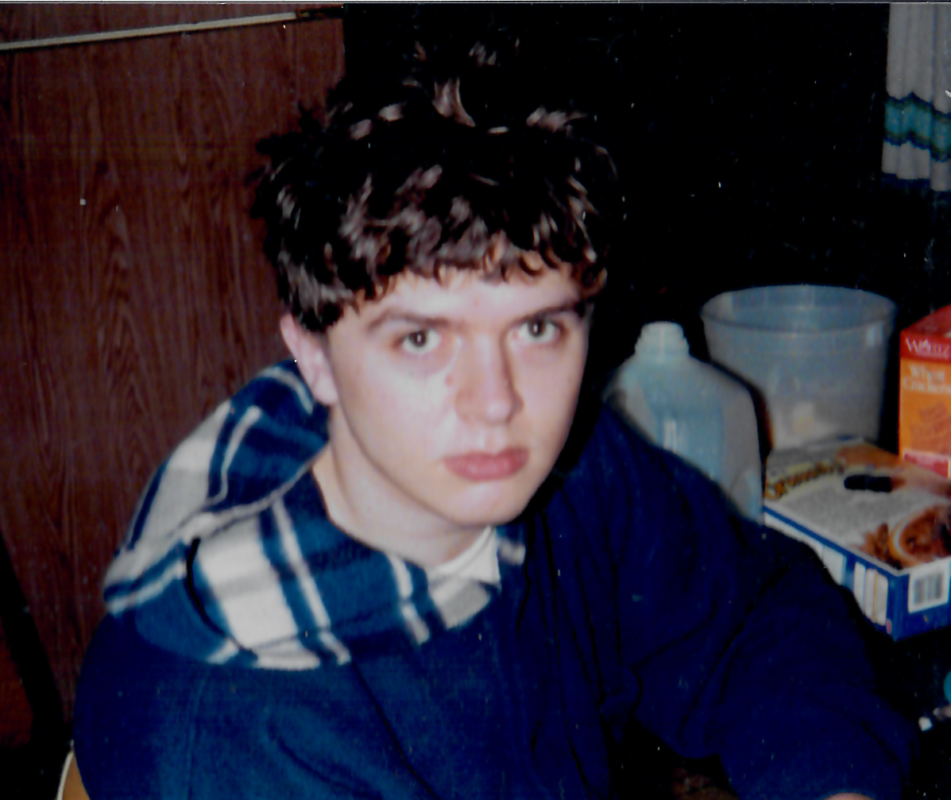“The Spirit of the Lord tells me that we are standing on the very spot where Adam, the Ancient of Days, gathered all of his descendants together to bless them before he died.”
My seven siblings and I weren’t really paying much attention as Dad described his latest revelation. He was standing in the grass a few feet removed from the sidewalk to the parking lot.
We were in the middle of nowhere, about two hours to the northeast of Kansas City, Missouri. Devout Mormons like us knew the area as Adam-ondi-Ahman, the place where Adam from the Bible had lived after being cast out of the Garden of Eden.
Most people who believe in the Adam story place it somewhere in the Middle East. But Mormons know the “real truth”—that it happened in northwest Missouri. It’s one of many doctrines that most people outside the faith have never heard.
That spring day in 1995, my family and I were at a park set up by the Church at the site of the historic Adam-ondi-Ahman location. As I had learned from reading Mormonism’s Doctrine and Covenants scripture, the place name derived from the pure language that is spoken by God himself which he taught to Adam and Eve.
As a 17-year-old who had never known anything else, I definitely believed the story, as did my siblings, to the extent that they were old enough to care about such things. But ultimately, the main attraction of the park for kids was not having to sit through another three hours of church. Spending a few hours frolicking on acres of beautifully manicured grass amid sunshine, flowers, and a cool breeze was a lot more fun than listening to boring sermons we’d heard a million times—there’s nothing quite like taking in the Great Plains in all their glory.
Dad had really gotten into taking excursions like our Adam-ondi-Ahman trip since he had moved us back to western Missouri. We lived in Kansas City but the real attraction for us was one of its suburbs, Independence.
Locally, the city is known as the home of former president Harry Truman—and a production hub for meth. Recently, downtown Independence has been experiencing somewhat of an economic resurgence, but it’s still a work in progress.
Mormons see Independence quite differently than their neighbors though. It’s much more than a lower middle class Midwestern city, it’s the future capital of the entire world.

 Unlock with Patreon
Unlock with Patreon